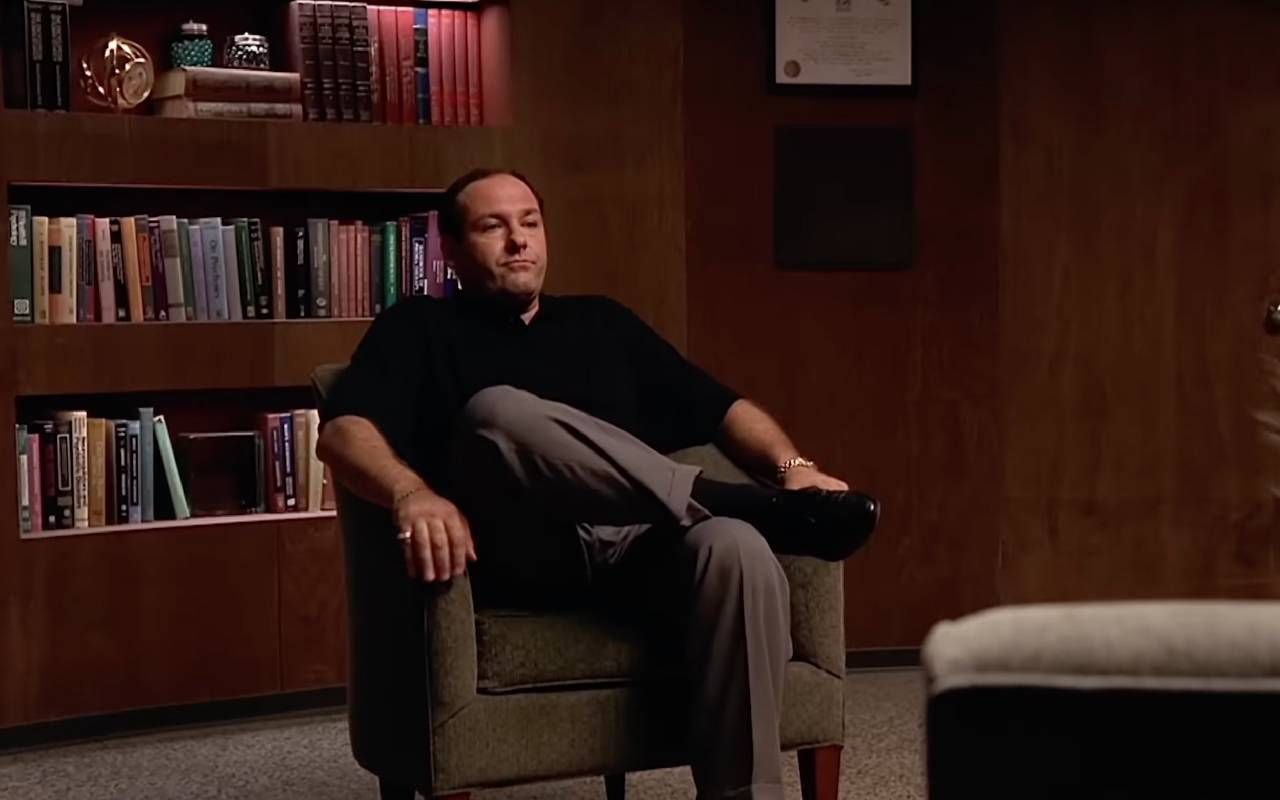Men and the Friendship Gap
How men can develop new friendships as we age
Despite its long-standing reputation as a land of abundance, America can be more of a barren desert when it comes to male friendship. One in six American men are unable to name even one or two close friends. A little more than one quarter of men today report having at least six friends. Contrast that with 36 years ago, when a majority (55%) reported having at least six close friends.

Such extreme social isolation has led U.S. Surgeon General Vivek Murthy to declare an epidemic of loneliness, with implications for long-term health and longevity, including increased risk of heart disease and stroke.
Now aged 54, and having experienced periods of intense loneliness in my own life, Murthy's announcement has led me to wonder, why is it so hard for men to form and maintain close relationships as we age?
Friendship Gap Opens
I pinpoint my friendship gap to when a close friend, a constant companion for hiking, biking, movies and sporting events, moved from the Bay Area, where I live, to Southern California in 2017. My deepest friendships predate my moving to California 25 years ago, and when Jeff moved, I wasn't able to replace him with anyone else with whom I had a seamless overlap in interests, and who was as available (he has no kids).
Most of the couples we socialized with were the parents of our children's friends.
The onset of the pandemic in 2020, with its fundamental changes, exacerbated things. Like other extroverts, I missed having the office as a "second place" for community and friendship, a problem that may be ongoing for millions of us who no longer regularly go into a workplace.
I was also experiencing a major role change at home: my kids were growing up and no longer needed me in the same way. I had been the parent who planned family trips, vacations and cultural outings — the self-described "Chief Fun Officer." I relished that role.
College and COVID Take a Toll
When my oldest daughter left for college in fall 2021, it hit me really hard. I subsequently learned from my mother that my father experienced something similar when my brother and I left for college. (The impact of this role change among parents is a topic that deserves further exploration.)
Like most families with children, our collective social life revolved around our kids. Most of the couples we socialized with were the parents of our children's friends. Yet, at some point during the COVID quarantine these opportunities to get together dried up. None of the other dads reached out to make plans. Were these actual friendships? While friends of convenience are important, they aren't the same as deep, lasting friendships. For one thing, they're easier to dispose of without explanation.
How Men Connect
Social constructs around gender reinforce the way many men unconsciously operate. According to Judy Chu, who researches boys' relationships and development, the signal to "man up" begins as early as kindergarten. Young boys, she said, "are conditioned to not reveal things in a place you know is going to be unsafe to do so."
The combination of being lifted up and laughing nonstop for three days was the tonic I needed.
The result, says Fred Rabinowitz, who teaches at University of Redlands and studies male friendship, is that "men are taught to shut down our emotional lives from early on." This impulse to exhibit strength, competitiveness and stoicism makes it harder to be intimate and vulnerable, with anyone, of any gender.
As women have ascended in school, the workplace, politics and elsewhere, the need for men to be like Gary Cooper, who Tony Soprano longingly referred to as "the strong silent type," feels outdated. What women (and men) need, Rabinowitz said, is somebody they can talk to. Once again, pop culture is mirroring this shift. Characters like Ted Lasso, with his fuller range of emotions and ease at expressing himself, offer a new model of masculinity.
An Epiphany
A turning point for me came in October 2022, during a hiking trip to the Grand Canyon with three fraternity brothers from college. The combination of being lifted up and laughing nonstop for three days was the tonic I needed. The most remarkable part was how effortless it all felt, despite the decades apart.
That trip was an a-ha for me: if I wanted more male friends in real life, I would have to work at it. I went home determined to use my skills as an organizer to make it happen. I joined a tennis club. Around the same time, I formed an all-male book club composed of neighbors on my block and some dads I hadn't been in touch with much since our kids were small.
And I resolved to continue to organize an annual (co-ed) trip to the Indian Wells Open tennis tournament in California. As noted by Aaron Karo and Matt Ritter, hosts of Man of the Year, a popular podcast on male friendship, being the designated organizer in a friendship group is a critical role and one that can be taken for granted (reward your organizers, people!).
Lonely? You Are Not Alone
If you feel isolated and yearn for more friends, here are some practical tips that may help.
Practice vulnerability: While it isn't easy for many of us, finding ways to be more unguarded is a key part of developing meaningful friendships. Chu and her colleagues have found that boys are more open and vulnerable with each other when engaged in a "side-to-side" activity (whereas girls tend to be more comfortable talking face-to-face). A friend with two boys made the same observation to me unprompted. I find it easier to open up more during a long car trip, when hiking or sitting side-by-side at a ball game. These situations may be a gateway to opening up more with other men.
Make a list of your interests, then a list of people you already know that you could invite to join you for an activity you like to do.
Diversify your portfolio: As with finances, it's important to diversify our assets — in this case, friendships. These days, I've noticed I'm doing activities with men of different ages, from early 40s to almost 80. Are you interested in baseball, politics, jazz or birdwatching? Make a list of your interests, then a list of people you already know that you could invite to join you for an activity you like to do.
Reach out: I skied twice last month with a guy I barely knew. It happened after I ran into his wife and lamented that I didn't have anyone to go skiing with. She said, "Oh, Greg loves to ski." We shared a hotel room and clicked on the long car rides. I feel like I've made a good new friend.
Someone else I have known since college told me that a fellow dad recently approached him and said, "You seem like a cool guy, I'd like to get to know you better.'" It's hard to argue with that opener.
Rabinowitz says to follow your instincts: "You may be thinking, 'I really like this guy, but I don't want to bug him." Instead, think, "What's the risk?"
Join a group: In 2022, I went to an event hosted by The Men's Circle, a local men's group in the Bay Area that meets weekly. In the end I decided the group wasn't for me, but I'm glad I tried it. Groups like these have grown more and more common in the past five or six years in many parts of the country.
If you cannot find an existing men's group, consider starting one. You may be surprised by how many other men in your area may have a similar desire but are waiting around for someone to organize them.
Show up: As we get older, "90% of friendship is about showing up," says Karo, of the Man of the Year podcast. This can take a variety of forms. "It can be as simple as texting somebody and saying, 'Hey, just checking in. I know you lost your job. Or I know you lost a family member. I know you're going through a hard time,'" he said.
Who do you miss in your life right now? Make a list, then commit to getting in touch.


